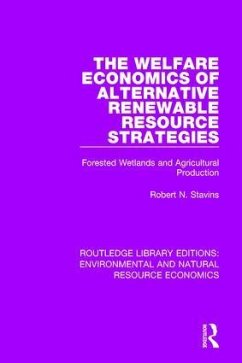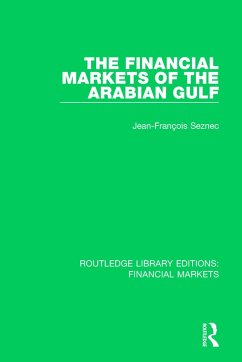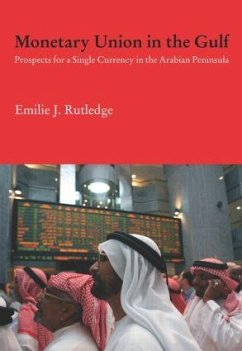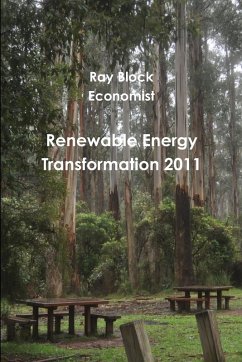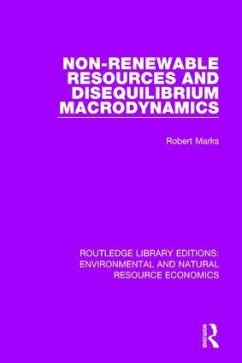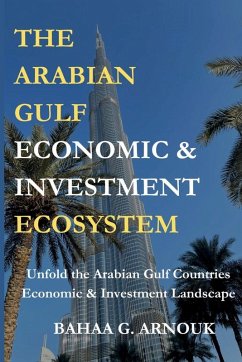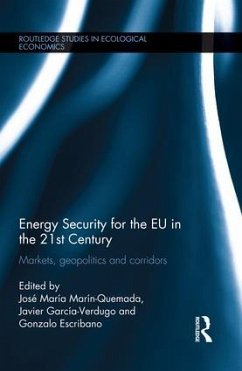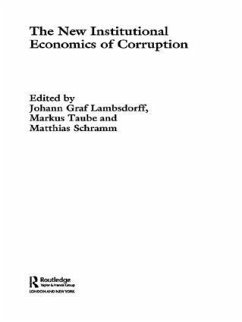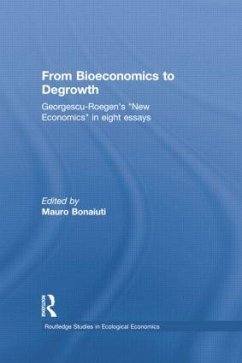
The Economics of Renewable Energy in the Gulf
Versandkostenfrei!
Versandfertig in 1-2 Wochen
55,99 €
inkl. MwSt.

PAYBACK Punkte
28 °P sammeln!
The Cooperation Council for the Arab States of the Gulf (GCC) has been at the epicenter of global energy markets because of its substantial endowment of hydrocarbons. Yet countries in the region have also stated their intent to be global leaders in renewable energy. This collection explores the drivers for the widespread adoption of renewable energy around the GCC, the need for renewable energy and the policy-economic factors that can create success. All six countries within the GCC have plans to include renewable energy power generation in their energy mix for various reasons including: a gro...
The Cooperation Council for the Arab States of the Gulf (GCC) has been at the epicenter of global energy markets because of its substantial endowment of hydrocarbons. Yet countries in the region have also stated their intent to be global leaders in renewable energy. This collection explores the drivers for the widespread adoption of renewable energy around the GCC, the need for renewable energy and the policy-economic factors that can create success. All six countries within the GCC have plans to include renewable energy power generation in their energy mix for various reasons including: a growing demand for electricity because of increasing populations, an increasing government fiscal deficit due to inefficient subsidies, the need to diversify the economy and global pressure to meet climate change requirements. However, the decision of when and by how much to introduce renewable energy is fraught with complications. In this book, a stellar cast of regional policy and academic experts explore the reasons behind these renewable energy plans and the potential impediments to success, whether it be the declining cost of producing energy from hydrocarbons, an infrastructure which needs to be updated, social acceptance, lack of financing and even harsh weather. Weighing up all these factors, the book considers the route forward for renewable energy in the Gulf region. The Economics of Renewable Energy in the Gulf offers an excellent examination of the adoption of renewable energy in the area. It will be of great interest to academic researchers and policy makers alike, particularly those working in the areas of energy economics, public policy and international relations.






